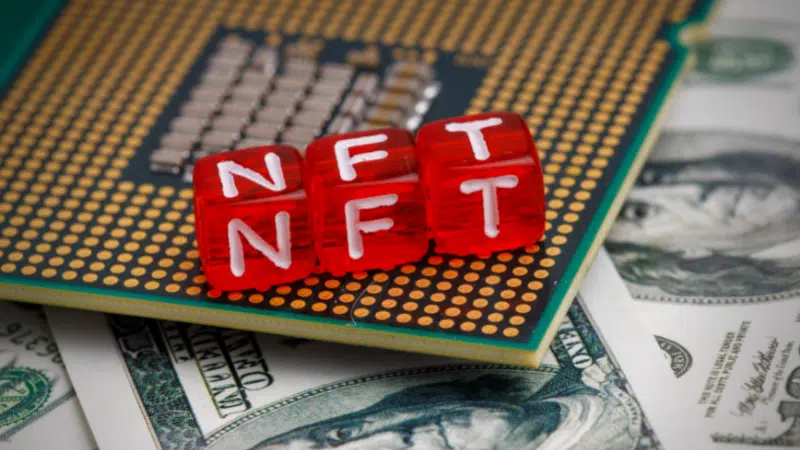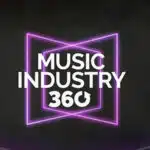To get into the world of NFTs, you’ll need to open the door through NFT marketplaces. NFTs can be sold on crypto-marketplaces or auctioned off on other platforms, but most marketplaces do not accept credit cards or traditional forms of cash. It’s up to you to do your research, check out your options, and make the right decision for you. To make it easier on you, seasoned music industry vet and practicing attorney, Debbie Egel is here to share some basics.
8 Best NFT Marketplaces
Blockparty
Blockparty enables fans to fully own, sell, and trade digital assets while allowing creators to build more valuable relationships with their fans by offering incentives, rewards, and giveaways through digital collectibles.
Mintable
Mintable is open to everyone and has free minting, but when you transfer to stores you have to pay the gas fee. On the other hand, you can also open your own store here for $100.00 and design your smart contract.
Mintbase
Mintbase is great if you are looking for a way to certify your theatre, concert, or cinema tickets. They can guide you through the process of creating your smart contract, and the fee is 2% of every item sold.
Nifty Gateway
Nifty Gateway accepts payment by credit card great for newbies who have limited experience with cryptocurrency. Artists have to apply and be accepted onto this site.
OpenSea
OpenSea allows creators to mint and sell NFT’s for free. (It’s also one of the best and more well known marketplaces.) It also supports artists and creators and has an easy-to-use process.
Rarible
Rarible is very popular, open to everyone, has download links, and you can use a standard contract or create your own, but it is pricey.
SuperRare
SuperRare is heavily curated platform and artists must apply and be accepted to this site.
Zora
Zora allows artists to sell songs and receive 100% of the initial sale.
In Conclusion…
When it comes to considering the right marketplace for you, make sure to do your research! We’ve talked about the basics, but there are some other things to consider, like:
- Marketplace Size: which blockchain has the largest amount of NFT buyers and sellers?
- Secondary Markets: are there other marketplaces that can be used to sell and trade NFTs on the network?
- Additional apps and services: what kinds of wallets, exchanges and other services are available on the blockchain network?
- Mining fees: creating NFTs can be very costly as an out-of-pocket expense. While platform choice may determine how and when these fees are paid, with some blockchains charging lower fees than others. (Some of this is due to Proof of Work vs Proof of Stake.)
- Environmental impact: what is the carbon footprint of the blockchain?
You can learn more about these by visiting the websites for each marketplace on your list. Take note of what’s important to you, and see which one offers the best service for your needs.
If you aren’t quite ready to start buying or selling, it doesn’t hurt to take some time to sharpen your skills first. Check out, “Everything You Need To Know About NFTs” to learn all the basics and get up to speed. That way, you can be prepared for anything and enter the NFT space with the knowledge and confidence to back you up.
Good luck!



